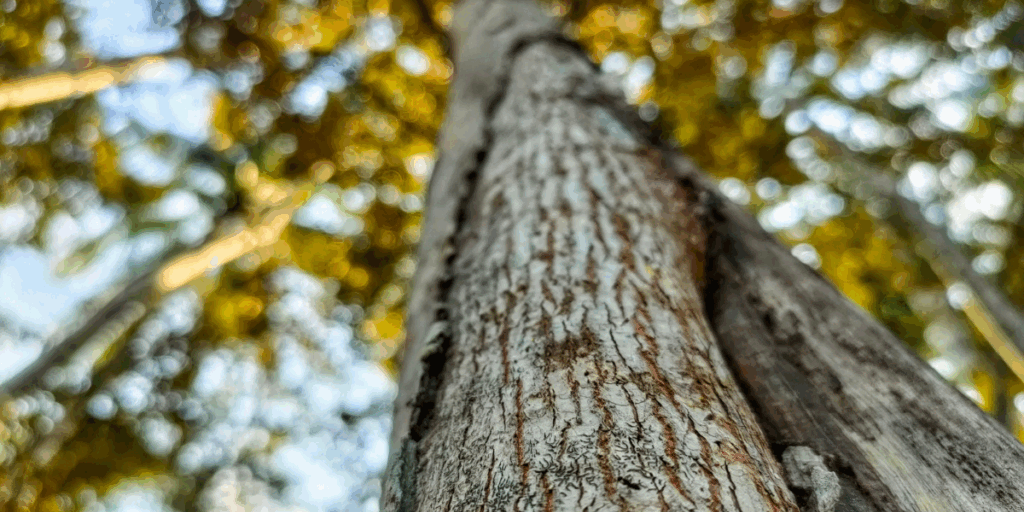When the pandemic hit, Joseph Michelli was working on a book about the Godiva chocolate brand. Then the company’s stores shut down. He could no longer visit their manufacturing plants. Or go anywhere at all. While Joseph took a moment to plot his next move, he noticed how many leaders around him were also scrambling to deal with the pandemic’s effects.
He decided to write a new book on overcoming adversity that would capture these lessons in real-time: “Stronger Through Adversity.” Joseph worked swiftly, condensing the traditional 18-month book publishing cycle into just 6 months. The result is a tremendously rich and timely book that captures the stories of more than 140 industry leaders as they navigated the unchartered waters of 2020.
We reached out to Joseph to learn more about the lessons he learned from his experiences and research.
Overcoming Adversity: Self-Care Isn’t a Luxury
One of the cases he covers in the book involves a discussion with Stacy Salvi of Fitbit, who talks about the company’s early pandemic pivot to assisting Stanford University and Scripps Health with contact-tracing technology. People were putting in so many hours that they needed to use their own Fitbit devices to remind them to stand. This was a common theme across businesses in those early months — not knowing what exactly was going on or what would happen next, people were forcing themselves to put in 20-hour workdays.
But as companies reeled themselves in, Joseph observed important takeaways on overcoming adversity from leaders who were maintaining their calm and focus — and the ones who weren’t:
- Invest in self-care. Resilience depends on proper rest as much as hard work.
- Throw away your map and pay attention to the terrain in front of you.
- Listen closely to your people, through pulse surveys and actual conversations.
“The key is, know thyself,” Joseph says. “Though doing so in the course of the crisis is probably more challenging than it has ever been.”
Building Connections That Matter
Focusing on connections has become essential since we moved our meetings from the boardroom to our living rooms and home offices. Joseph gives us these key components. “This has been a time to listen at a different level. It’s also been a time to be more humble,” Joseph says.
For leaders, that means making a special effort to:
- Remain approachable. Your virtual office needs to be as open, if not more open, than your physical ones.
- Practice reasonable disclosure. Your team members don’t expect you to be a robot. Measured vulnerability by leaders doesn’t shake people’s confidence; it builds trust.
- Spend time empathizing with those around you. The more stressed you feel, the easier it can become to close yourself off and focus only on your problems. Push through that urge and make space to empathize with the struggles of others.
Most importantly, we have to give people space to share their authentic selves. “In the old days, we used to want to bring our kids to work; now we want to bring ourselves to work. We want to show who we are in the fullness of ourselves.”
Getting More Comfortable With Change
“In life you need either inspiration or desperation.” — Tony Robbins
Traditionally, there had been a stark contrast between how established companies and entrepreneurs handled change. For a large brand, inertia and resistance due to the baggage and gravitas attached to who they are can lead to slow reactions to outside forces.
One gift from the pandemic is that it created the necessary energy and momentum for even these companies to be more adaptive and nimble. Smart leaders can harness this awakening and use it to drive further evolutions in their organizations. “Now that we’ve taken 5 feet, let’s take the other 20 feet that we used to tell ourselves we could never take,” Joseph says.
Bringing These Gifts into the Future
Joseph doesn’t want to see the lessons of 2020 wash away with time. “If you don’t learn from this experience, you will largely be affected long term in an organization,” he says. While writing the book, he frequently heard from leaders who are concerned with how actions taken during the pandemic will color their legacy.
As honest leaders, Joseph tells us how we can bring these gifts from the crisis with us:
- Honestly appraise the things that went right.
- Embrace the rise of technology as an enabling tool for convenience. Perhaps we don’t need to spend as much time traveling to different cities for two-hour meetings anymore
- Continue to take a little more time getting to know your people. Don’t be as busy with tasks.
It’s important to maintain the routine of checking in with each other’s overall well-being each morning, then reconnecting in the afternoon to recalibrate if necessary.
Joseph left me with an amazing quote to live by when it comes to overcoming adversity: “Ultimately, you will be remembered by the way you treat people in the worst of times than the way you treated people in the best of times.”
Join Ryan for the Resilient Leadership Workshop
In this interactive, 3-hour virtual workshop, Ryan Estis shares the seven principles to resilient leadership that he has developed navigating disruption as a small-business owner and Fortune 500 executive. This course isn’t just about theory, though. Ryan brings each principle alive with real-life case studies and practical exercises to help you put them into action right away.


![[RYAN] Featured Image - Change Management Skills Winding Architecture](https://ryanestis.com/wp-content/uploads/bb-plugin/cache/RYAN-Featured-Image-Change-Management-Skills-1024x538-panorama-7395bbf10c2a8d43958959443e02cbb1-.png)

![[RYAN] Featured_Leadership Development Planning for Human Centered Growth Group climbing a hill together](https://ryanestis.com/wp-content/uploads/bb-plugin/cache/RYAN-Featured_Leadership-Development-Planning-for-Human-Centered-Growth-1024x538-panorama-ba61edeb5d6c961b544c5c7916ed5ca0-.png)





